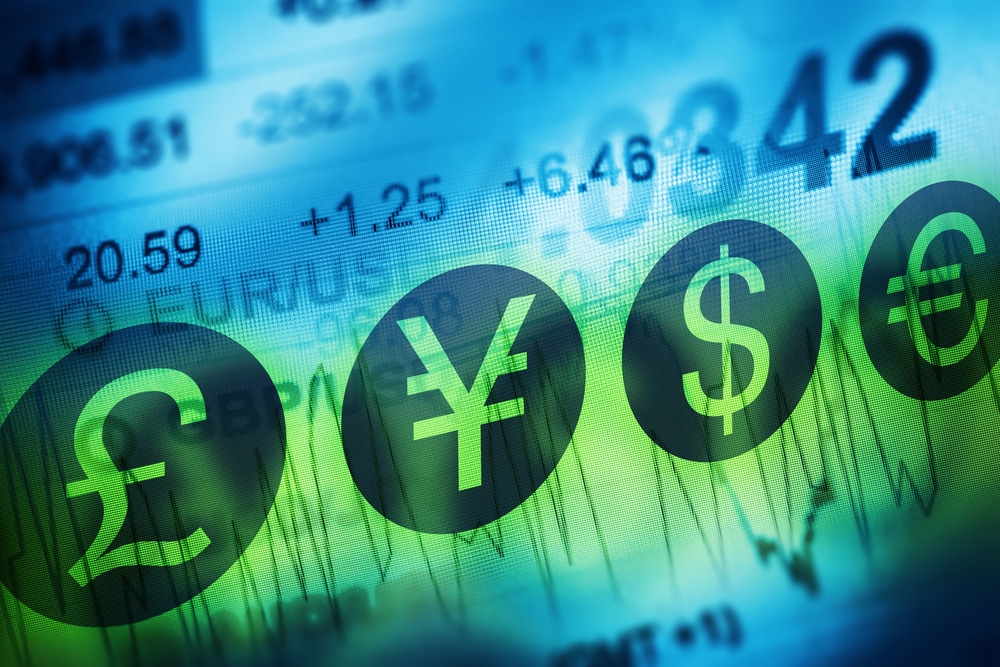Japan has been a mainstay of the world economy for many years, holding the esteemed title of being the third-largest economy in the world, behind China and the United States. But recent economic events have indicated that this status quo is about to change significantly, with Japan losing its long-held position. There are significant ramifications for Japan as well as the larger field of geopolitics and global economics from this seismic shift.
The Decline of Japan’s Economic Dominance
A number of obstacles and structural changes have been part of Japan’s journey from an economic powerhouse to its current situation. Japan’s economy, which was once praised for its quick post-war recovery and quick ascent to prosperity, has since struggled with protracted periods of deflation, stagnation, and declining population. The COVID-19 pandemic and other external shocks, in addition to these underlying problems, have negatively impacted Japan’s economic competitiveness and vitality.

Losing its ranking as the third-largest economy is one of the most notable effects of Japan’s economic downturn. Japan’s relative standing has steadily declined as other economies—especially China—have grown rapidly and increased their influence internationally. Japan’s economy has grown in absolute terms, but at a slower rate than before. This is because other emerging markets and its Asian neighbors have grown more quickly than Japan has.
China’s Ascent and the Shifting Global Economic Scene
China’s explosive rise to prominence as a major economic force and contributor to global growth is largely responsible for Japan’s fall from grace as the third-largest economy in the world. With its enormous population, quick industrialization, and aggressive development plan, China has become the second-biggest economy in the world, overtaking Japan in terms of GDP.
China’s rise has changed the dynamics of geopolitical power and influence in addition to changing the global economic landscape. Being the biggest exporter and consumer of commodities worldwide, China has a big impact on supply chains and trade patterns. Furthermore, China’s bold Belt and Road Initiative (BRI) has strengthened its position as the cornerstone of infrastructure development worldwide by promoting cross-continental economic connectivity and strategic alliances.
Japan’s implications: Opportunities and Challenges
Japan’s economy both at home and abroad will be significantly impacted by its decline from the rank of third-largest economy. Japan must deal with long-standing structural issues like an aging population, slow productivity growth, and growing public debt domestically as a result of its declining economic prominence. Furthermore, Japan must make a determined effort to revive its economy and boost its competitiveness in important sectors as it confronts growing competition from emerging economies in Asia and elsewhere.
Nevertheless, opportunities to reinvent Japan and forge a new course for prosperity can be found amid the difficulties. Japan has a lot of human capital, technological know-how, and strong institutional foundations that can support its efforts to revive its economy. Japan can increase its competitiveness and growth potential in developing industries like robotics, biotechnology, and renewable energy by embracing digital transformation, entrepreneurship, and innovation.
Furthermore, Japan can strengthen economic ties with its neighbors and take advantage of opportunities in vibrant Asian markets by utilizing its strategic position as a hub of regional cooperation and integration. Japan can bolster its economic resilience and establish itself as a cornerstone of regional economic integration and development by actively engaging in regional initiatives like the Regional Comprehensive Economic Partnership (RCEP) and the Comprehensive and Progressive Agreement for Trans-Pacific Partnership (CPTPP).
Towards the Future: Defining a Path for Economic Recovery
Japan needs to set itself up for renewal and resurgence in the coming years as it faces the truth of its declining economic power. This calls for a diversified strategy that takes into account both immediate problems and long-term structural changes. Japan needs to enact targeted stimulus measures in the near future to boost domestic demand, assist households and businesses impacted by the pandemic, and encourage investment in important growth areas.
Japan has to implement significant structural changes at the same time in order to promote innovation, raise productivity, and boost the country’s economy. This includes initiatives to support entrepreneurship, foster labor market flexibility, and ease the industry-wide adoption of new technologies. In addition, Japan needs to make investments in education, training, and human capital development to give its workers the knowledge and skills they need to succeed in the digital era.

Conclusion
In conclusion, the loss of Japan’s ranking as the third-largest economy marks a turning point in the country’s economic history and emphasizes the necessity of taking swift, decisive action to spark growth and prosperity once more. Even though there will undoubtedly be difficulties along the way, Japan has the fortitude, creativity, and resourcefulness to triumph over misfortune and come out on top. Through embracing innovation, promoting cooperation, and embracing a spirit of renewal, Japan can take back the lead in the global economy and steer the world toward a more promising future for both its people and the rest of the world.

